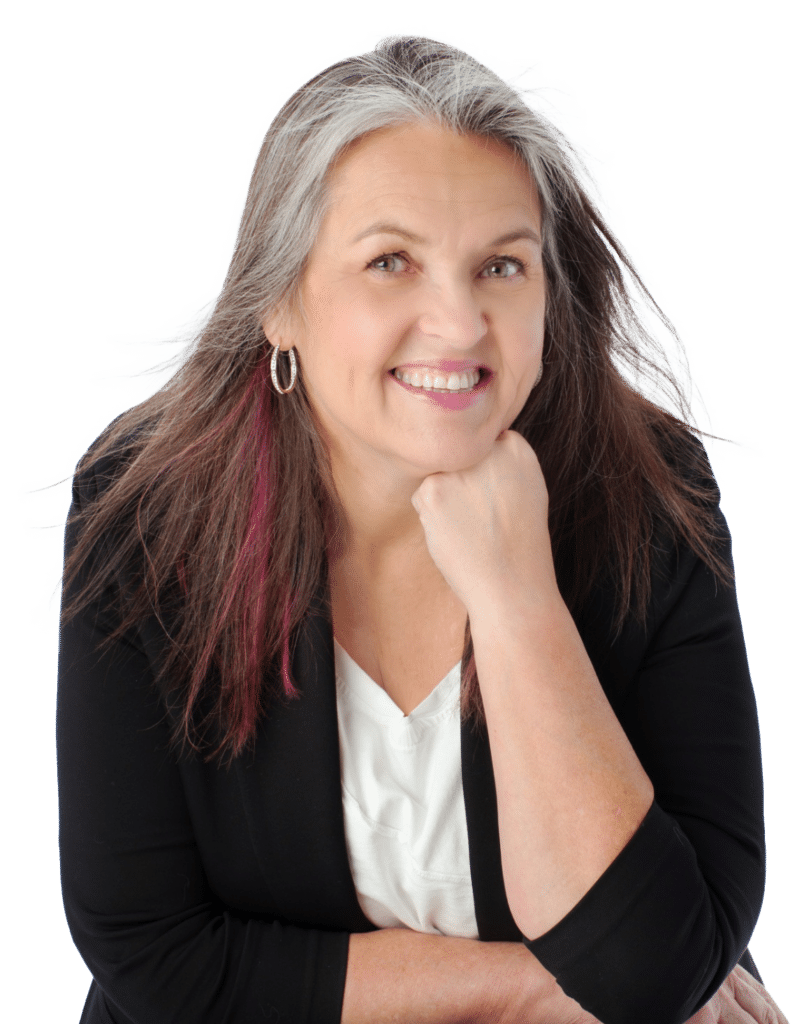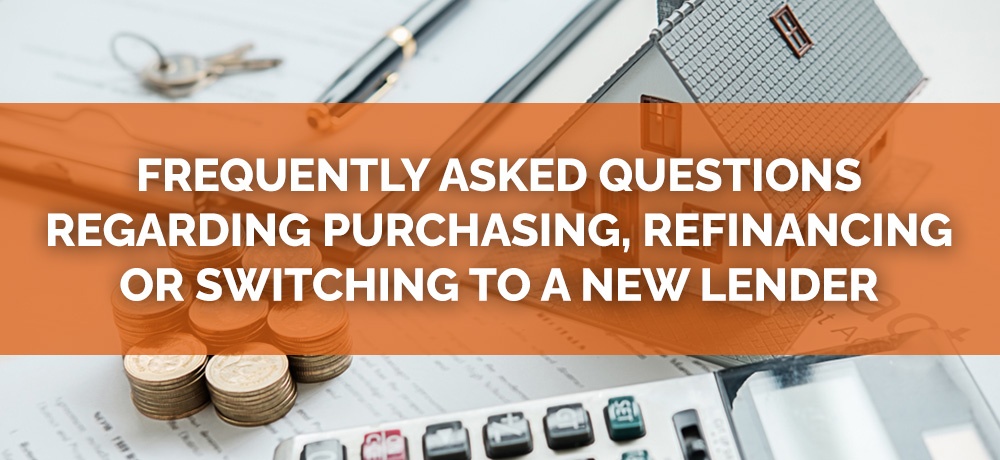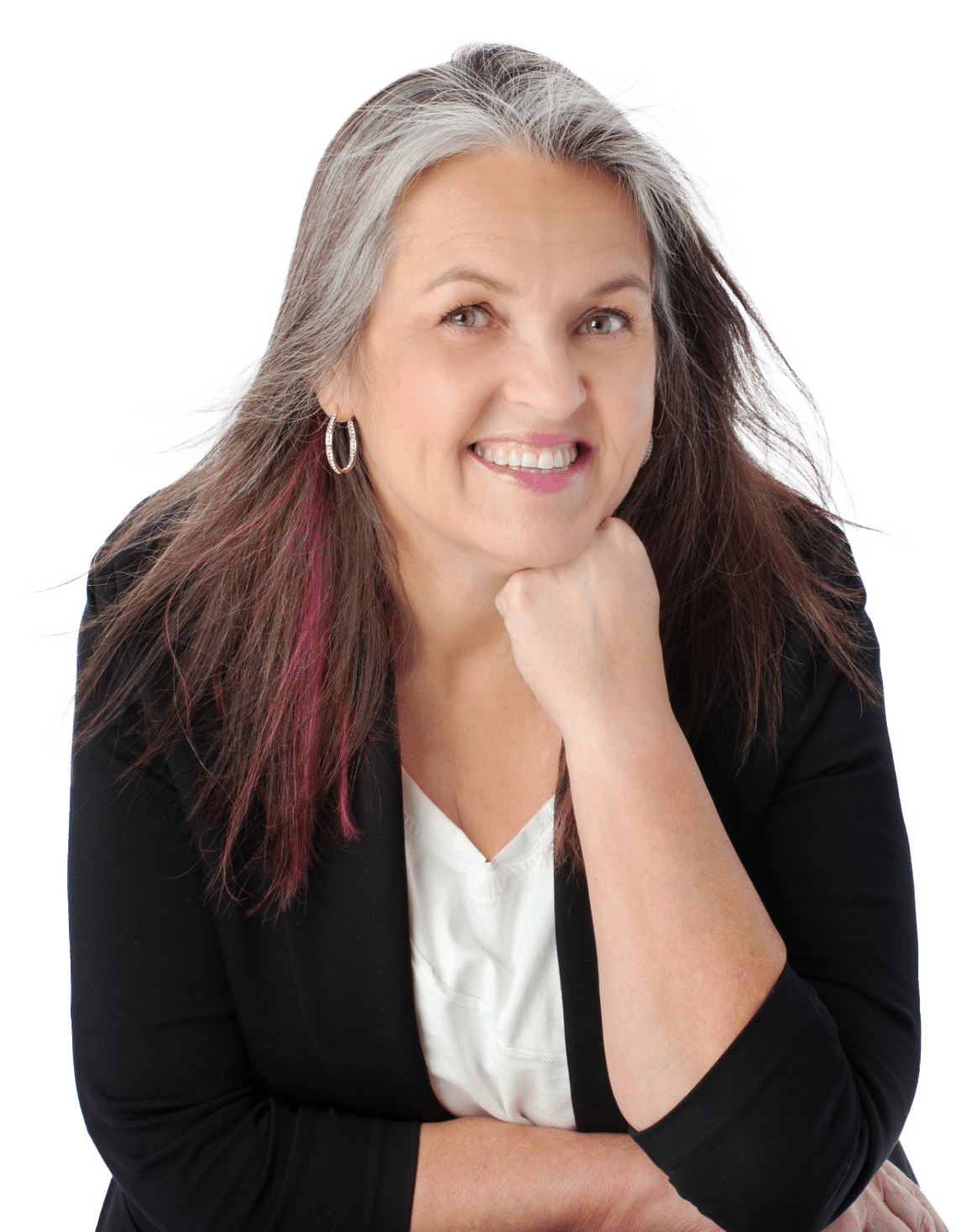1. What is the minimum down payment for purchasing my first or second home?
5% is the minimum down payment for a first or second home. Many think you need a higher down payment for your second home. At this point in time, you do not.
2. What is the difference between fixed and variable rates?
Fixed rates set your payment for the term of your mortgage. Variable rates are based on prime, so the interest rate changes and thus, the mortgage payment will change in most variable rate products out there right now. Variable rates are typically lower than fixed rates.
3. What is mortgage insurer insurance? Who does it insure, and why is it required?
Mortgage insurer insurance is for the lender. If you are putting down less than 20% or your mortgage product dictates it, you will have a mortgage insurance premium attached to your mortgage, or it can be paid upfront. It is a one-time premium. It protects the lender should you happen to default on your mortgage. There are currently three mortgage insurers–CMHC, Sagen and Canada Guaranty. Their premiums are all the same.
4. Why should I use a mortgage broker? (instead of going directly to the bank)
A mortgage broker is not employed or bound to one lender and thus works towards your best interest. Also, when using a mortgage broker, your credit bureau is only pulled once, and it is good for thirty days. Since we have access to many lenders (over twenty), we can use the same credit bureau and, if need be, submit the application to different lenders, helping to be successful. Additionally, the rates offered to us are discounted and quite likely the lowest rates out there.
5. What is a preapproval, and should I look into getting preapproved?
A true preapproval is when the income and down payment documents are collected ahead of time to determine the maximum purchase price. If possible, you should certainly look into getting preapproved as it gives you and your realtor a good guideline of what purchase price you should be looking for. It also goes a long way towards not wasting your or your realtor’s time.
6. What are closing costs, and how much will they be?
Closing costs are the expenses that occur when you purchase a home. They include lawyer fees and land title fees. Other costs could be an appraisal fee (if requested by the lender) and a home inspection fee (if you chose to have one done). Lenders require mortgage brokers to prove 1.5% of the purchase price for closing costs. Typically they come in at about half of that amount.
7. Do I need the services of a lawyer when purchasing a home?
A lawyer is generally required when buying a home or acquiring land. A lawyer registers your name on the title, registers the mortgage on the title and ensures that there are no other interests registered on the title that should not be there. If you were doing a refinance or switch, some lenders use First Canadian Title and a lawyer is not required.
If you have any questions about mortgage and lending options, get in touch with Deb Murdoch – TMG The Mortgage Group. Purchasing a home is an important decision, and you should be confident about your investment. I will work with you to offer you valuable insight throughout the process, save you time and find the mortgage that best suits your situation.
I am part of TMG The Mortgage Group – an award-winning Canadian mortgage brokerage with a national team of over 800 qualified and accredited mortgage brokers, agents and associates providing residential and commercial mortgage services. Since 1990, TMG has helped over a quarter million Canadians get the best financing solutions and mortgage rates through Canadian mortgage lenders from coast to coast.
To learn more about how I can help you, please click here or contact me by clicking here.




